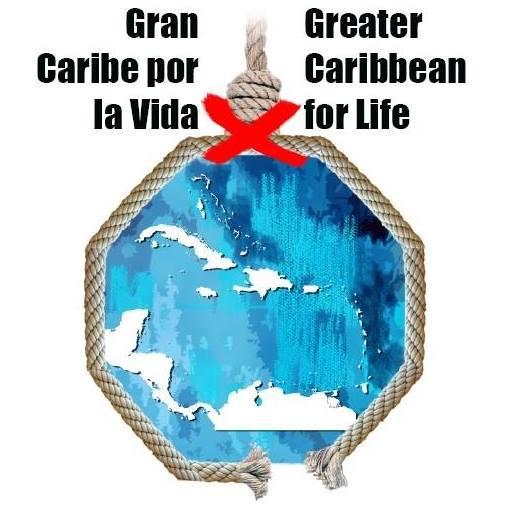
10 years with no hanging in the Caribbean
Good news
The longest period of time that has expired since someone was hanged in the English-speaking Caribbean was 40 years ago – in Grenada – and see: Barbados in 1984, Belize in 1985; Dominica in 1986, Jamaica in 1988, Antigua and Barbuda in 1991, St Vincent and the Grenadines in 1995, St Lucia: in 1995, Guyana in 1997, Trinidad and Tobago in 1999, and the Bahamas in 2000.
GCL calls on our leaders in the region to accept that the restrictions placed by the ruling of the Judicial Committee of the Privy Council (JCPC) in the 1993 case of Pratt and Morgan v Attorney-General of Jamaica and by subsequent JCPC rulings, make it extremely difficult for death sentences to be carried out in our region.
In the Pratt and Morgan case, the JCPC ruled that in any case where the execution of a person is to take place more than five years after sentencing, there would be strong grounds for believing that the delay is such as to constitute “inhumane or degrading punishment or other treatment”. In such cases the death penalty should be commuted to life imprisonment.
To date 142 countries – more than two thirds of the world’s countries – have abolished the death penalty in law or practice. Since the trend is to move away from the death penalty, we believe that it is time that our leaders and our people devote our energies to act on the recommendations contained in the 2012 UNDP Report entitled Human Development and the Shift to Better Citizen Security.
The report reviews the state of crime, as well as the national and regional policies and programmes to address crime in seven English and Dutch-speaking Caribbean countries, including T&T. A key recommendation is that our Governments should seek to get “a better balance between legitimate law enforcement and preventive measures, with a stronger focus on prevention rather than repressive only measures”.
The UNDP report highlights “the need to beef up the public institutions’ capacity to tackle crime and violence – including the criminal justice system – while boosting preventive measures. It contains recommendations to: prevent youth crime involvement by offering education and employment opportunities, especially to the marginalised urban poor; shift from a State protection approach to one focusing on citizen security and participation; and promote a law enforcement that is fair, accountable and more respectful of human rights”.
Here in TT, GCL urges citizens to reach out in compassion and love to the victims of the 500 or more persons who have lost their lives this year through violent crime. Parishes/communities should establish victim support groups and seek to meet their needs. If we are serious about making a “dent” in crime, we need to spend more than 15 cents in the dollar on crime prevention. The time has come for courageous leadership in our region. The US Bishops were right when they said that: “The death penalty offers the tragic illusion that we can defend life by taking life.” Peace and non-violence will not become a reality if we keep baying for blood. Let’s end the death penalty in our region and strive to stop crime, not lives! Let’s become a people of and for life.



